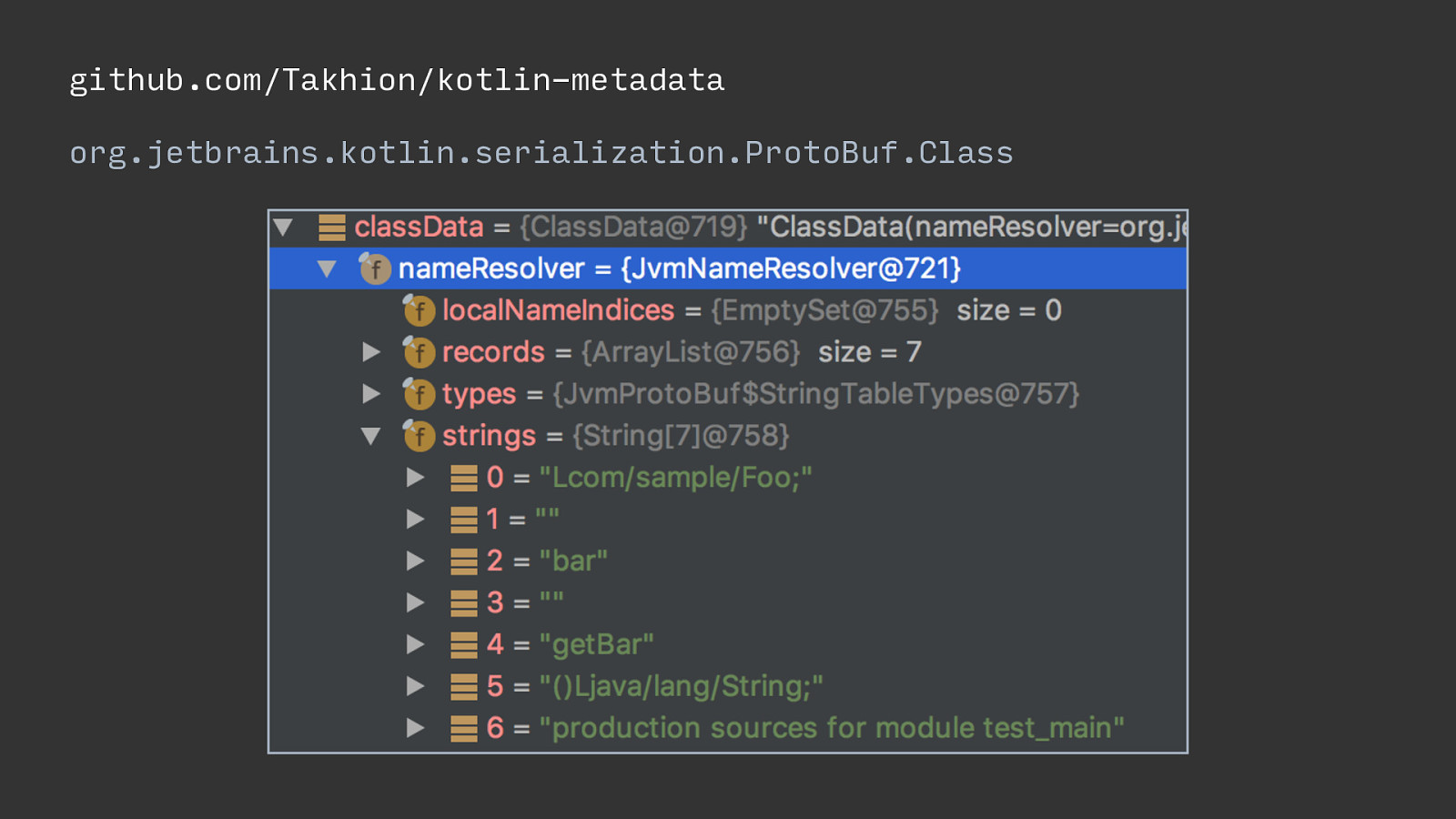
The elements in the array are zero-indexed, which means the index of the first element is 0, the index of the second element is 1, and so on. What is an array?Īn array is an ordered collection of values of the same type. Arrays are typed, just like regular variables and constants, and store multiple values in a contiguous portion of memory.īefore you create your first array, take some time to consider in detail what an array is and why you might want to use one. ArraysĪrrays in Kotlin correspond to the basic array type available in Java. Two of the most common collections types in Kotlin are arrays and lists. 24.6 Getting information from the systemĪs discussed in the introduction to this section, collections are flexible “containers” that let you store any number of values together.22.6 Delegated properties as conventions.21.3 First-class and higher-order functions.20.5 Difference between Java and Kotlin exceptions.19.5 “Static” values and functions from Kotlin.19.3 Making your Kotlin Code Java-friendly.Section IV: Intermediate Topics Section 4: 9 chapters Show chapters Hide chapters 18.6 Generic type variance (a.k.a., in and out declarations).18.3 Creating your own generic constraints.


18.2 Extension functions on types with generic constraints.18.1 Anatomy of standard library generic types.17.4 Interfaces in the standard library.16.2 Enum class properties and functions.



 0 kommentar(er)
0 kommentar(er)
